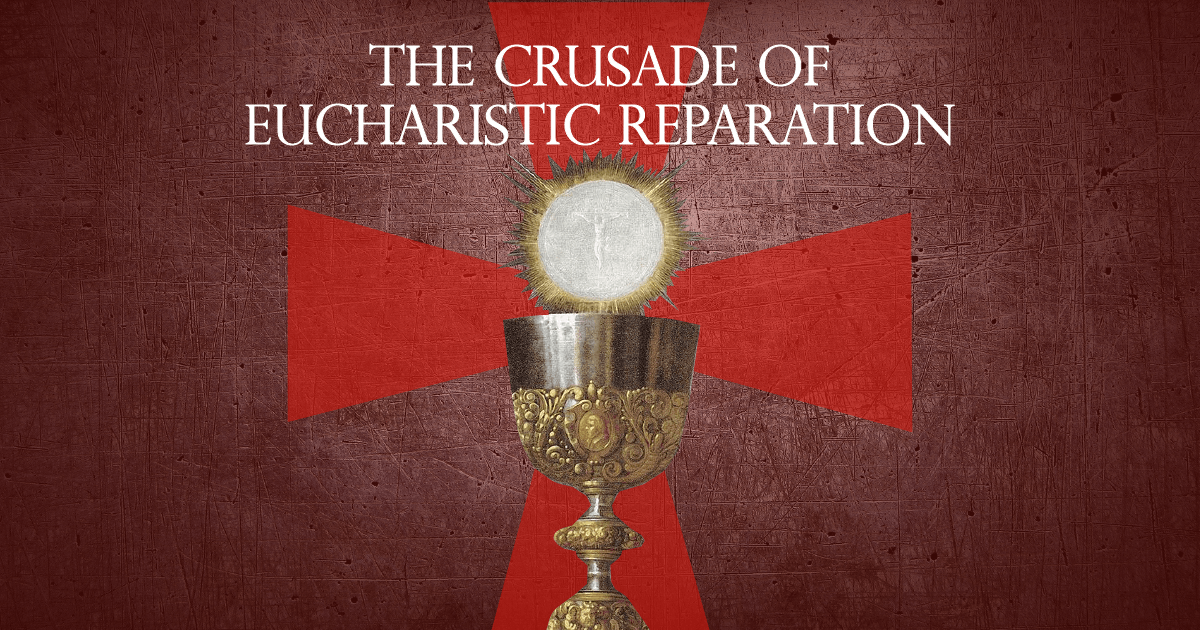Lord’s Day Reflection: ‘Communion with God’
As the Church marks the Twenty-Seventh Sunday in Ordinary Time, Jenny Kraska offers her thoughts on the day’s liturgical readings under the theme: “Communion with God”. By Jenny Kraska* Most people will be familiar with the readings this week....



As the Church marks the Twenty-Seventh Sunday in Ordinary Time, Jenny Kraska offers her thoughts on the day’s liturgical readings under the theme: “Communion with God”.
By Jenny Kraska*
Most people will be familiar with the readings this week. The first reading from Genesis declares that God does not want man to be alone, so He creates Eve as a partner for Adam.
In Mark’s Gospel, Jesus responds to the Pharisees’ question about divorce by emphasizing the sanctity and permanence of marriage.
While both readings clearly affirm the sacredness of marriage, they also carry profound meaning for those who are single, priests, or consecrated religious.
For those not called to the vocation of marriage, these readings point to the deeper spiritual reality that we are all made for communion — not just with another human, but with God Himself.
In Genesis, the union of man and woman reflects the completeness that human beings seek. However, for those called to priesthood, religious life, or to be single, the longing for communion is fulfilled not in earthly marriage, but in a unique and profound relationship with God.
Just as marriage reflects the love between Christ and His Church, the celibate life reflects the undivided devotion to Christ as the Bridegroom. Those who choose a life of celibacy embody a spiritual marriage, where Christ is the center and source of fulfillment.
For those who are not married, the invitation from Christ in Mark’s Gospel is a call to reflect on how love and service are lived out in different ways.
Priests and nuns, for example, are called to live out their vocation in self-giving love for the Church and the world; their lives echo the sacrificial love of Christ.
For those who are single, whether by choice or circumstance, the Gospel and Genesis together offer reassurance that their lives are no less complete or meaningful. Being single offers opportunities to cultivate a deep relationship with God, to discover His unique call, and to engage in the work of the Kingdom in ways that may not be possible within the context of marriage.
Like those called to religious life, single laypeople can find joy and purpose in a life of service, prayer, and community, rooted in the love of Christ.
Ultimately, both the married and the unmarried, the priest and the nun, are united by the same mission — to love God and others fully in whatever way they are called.
The first reading from Genesis reminds us that it is not good for anyone to be isolated, and even those who are single are never truly alone, for they belong to a larger spiritual family. Whether through marriage or through celibacy for the Kingdom, all are called to relationships that give life and bear witness to the love of God in the world.
Both Mark’s Gospel and the first reading from Genesis invite each one of us, regardless of our state in life, to reflect on how we are called to live in communion with God and others.
The core message is that we are each called to love, serve, and be united with God in a way that reflects His divine plan for humanity.
* Executive Director Maryland Catholic Conference















